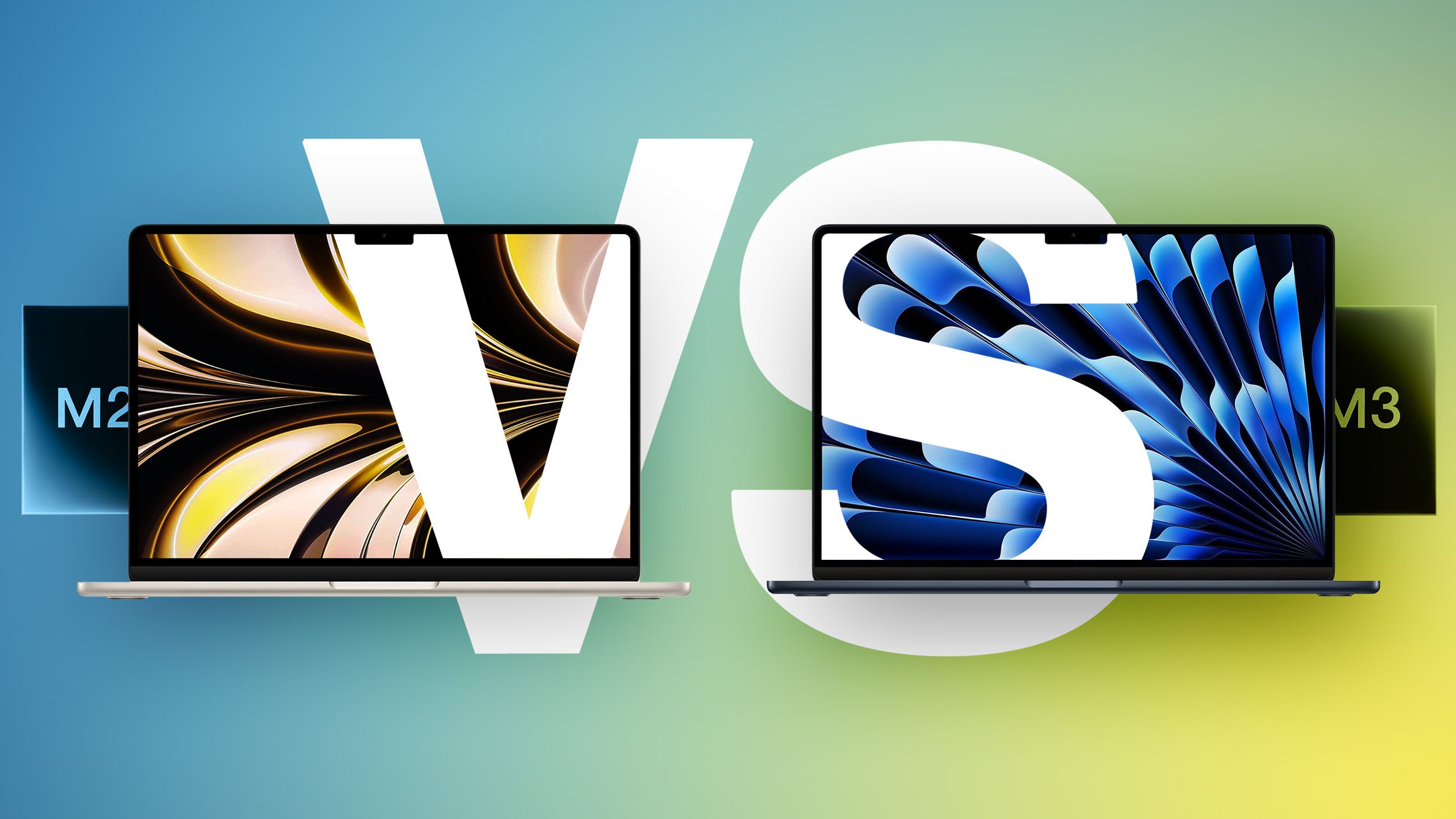Benchmark Comparisons Suggest Apple MacBook Air with M3 SoC Outperforms M2 Variant by 20%

GeekBench Scores: MacBook Air M3 Chipset Achieves 3134 in Single-Core, 12048 in Multi-Core Test
Apple’s recent unveiling of updated MacBook Air models, featuring the latest M3 chipset, marks a significant leap forward in performance capabilities. Positioned as the flagship upgrade within the refreshed lineup, the 3nm processor promises substantial performance gains over its predecessors. While Apple boasts a remarkable 60 percent increase in speed compared to MacBook Air models equipped with the M1 chip, independent GeekBench scores reveal a more nuanced perspective.
Despite the impressive 20 percent improvement over the M2 variant and a noteworthy 30 to 40 percent leap compared to the M1, the actual benchmark results suggest a performance delta slightly lower than Apple’s claims.
According to GeekBench benchmarks, the MacBook Air boasting the M3 chipset achieved a commendable score of 3134 in the single-core test and an impressive 12048 in the multi-core test. These results underscore the potency of the octa-core CPU and 10-core GPU configuration, clocked at a formidable 4.05GHz frequency. While raw benchmark scores may hold limited significance for casual users, they serve as tangible indicators of the substantial performance gains delivered by the latest-generation MacBook Air models.
A detailed GeekBench comparison further illuminates the magnitude of performance enhancements introduced by the 2024 MacBook Air lineup. When pitted against its predecessor, the 15-inch MacBook Air featuring the M2 chipset, the latest models demonstrated an 18 percent improvement in single-core performance and a remarkable 20 percent boost in multi-core capabilities.

Moreover, when compared to the M1 MacBook Air released in 2020, the performance differentials become even more pronounced, with the latest-gen laptops showcasing a staggering 31 percent increase in single-core performance and a significant 37 percent leap in multi-core output.
Further, it also noted that the GPU has received significant upgrades with the M3 chipset, but GeekBench does not test GPU performance. Also, the benchmark testing is done for a short duration, which can increase even further in longer periods. Considering both factors, Apple’s estimate of the M3 MacBook Air being 60 percent faster than the M1 counterpart might be possible. There is no way to say for sure, however.





















